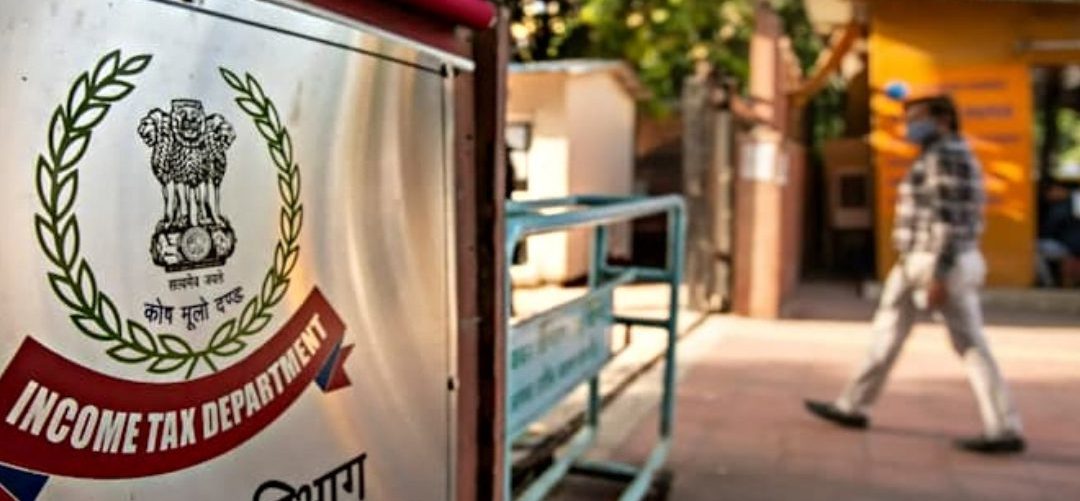The deadline to file your income tax return for the fiscal year 2021-22 (the assessment year 2022-23) has gone. In some situations, though, you can still file your tax return.
For example, if you have previously submitted your income tax return but discovered a mistake or failed to declare any income, you can file a revised return.
If you have not yet submitted your income tax return for the fiscal year 2021-22, you may do so.
You can even update an older return. But there are consequences and limits, so let’s learn more.
Return Revised
If you have previously filed your return but subsequently discover that you committed a mistake, omission, or made an incorrect statement, you must modify the return by submitting a new return within the time period specified.
“This return can be filed three months before the end of the relevant assessment year or before the assessment is completed, whichever is earlier,” said Deepak Jain, CEO of TaxManager.in, a tax e-Filing and compliance management platform. This implies that you can file updated returns for the fiscal year 2022-23 by December 31, 2022.
If necessary, you can also amend the ITR form when updating the tax return. “The department may not impose a penalty for correcting genuine errors.” Interest under sections 234B and 234C shall be computed with each updated return. “Before filing the updated return, a taxpayer must confirm that the original return has been checked,” said Yeeshu Sehgal, Head of Tax Markets at AKM Global, a tax and consultancy business.
There is no limit to how many times you can amend returns, but keep in mind that if the initial return was filed on paper or manually, it cannot be changed online or electronically.
Belated return
According to Section 139(1) of the Income-tax Act of 1961, a legitimate return filed within the requisite dates is referred to as an original return. The deadline date to file your return for AY 2022-23 was July 31, 2022.
“Under Section 139(4) of the Act, an assessee who does not file his return within the limits set in the Act but makes the return beyond the due date is referred to as a belated return,” Sehgal explained.
A late return can be filed up to three months before the end of the relevant tax year. As a result, for AY 2022-23, any return filed after July 31, 2022 but before December 31, 2022 would be considered a delayed return.
You may have to pay a penalty if you file a late return. If a return is filed beyond the due date, a late filing charge of Rs 5,000 must be paid, according to section 234F. However, if the person’s total income does not exceed Rs 5 lakh, the late filing cost is Rs1,000.
There will be no late filing charge if you file a return willingly and are not compelled to file an ITR. For example, if your income is less than the basic exemption amount, which is Rs 2.5 lakh for those under the age of 60, Rs 3 lakh for people between the ages of 60 and 80, and Rs 5 lakh for those over 80, you are not needed to file an ITR.
If you still file a return beyond the due date, you will not be penalized.
Updated return
The Finance Act 2022 added subsection (8A) to section 139 to allow for the submission of an amended return.
The clause states that an updated return can be filed by anybody, regardless of whether that individual has already filed the original, delayed, or revised return for the relevant assessment year (subject to certain conditions).
“The government has created a new income tax return-filing option called ‘Updated Return’ for taxpayers who are eager to file the same for FY 2019-20,” said Sehgal.
However, you may be required to pay a significant penalty to file an amended return. “You must pay the required tax and interest, as well as an extra 50% of such tax and interest.” “For those planning to file for the fiscal year 2020-21, the additional sum will be 25% of the necessary tax and interest,” Sehgal explained.
Also, keep in mind that an amended return cannot be submitted if it is meant to indicate a reduced income or a loss that you want to offset against any previous profits, as Sehgal adds.
For filing an updated income tax return, you must use ITR Form U.
You must also explain why you are submitting an amended return. Whether you had never filed an income tax return before, if you want to report income that was incorrectly reported previously, if you chose the wrong heads of income in the original return that you had filed previously, if you want to reduce carried-forward losses or unabsorbed depreciation, or you want to reduce the tax credit, or you filed the return based on the incorrect tax rate or any other reason.

